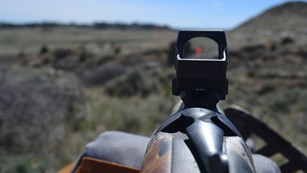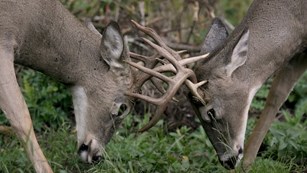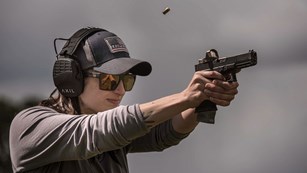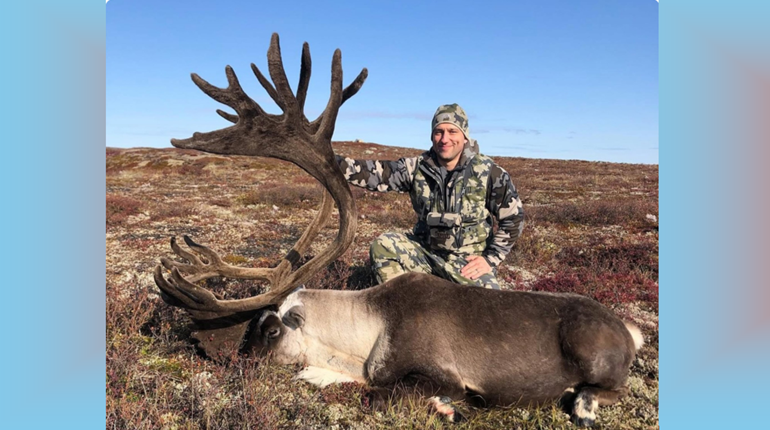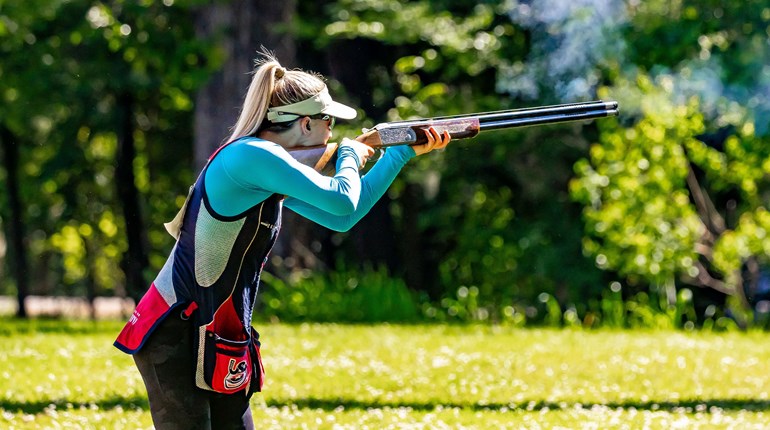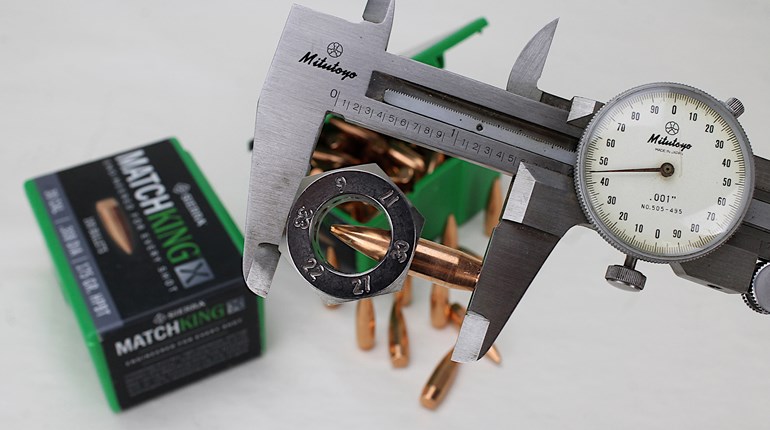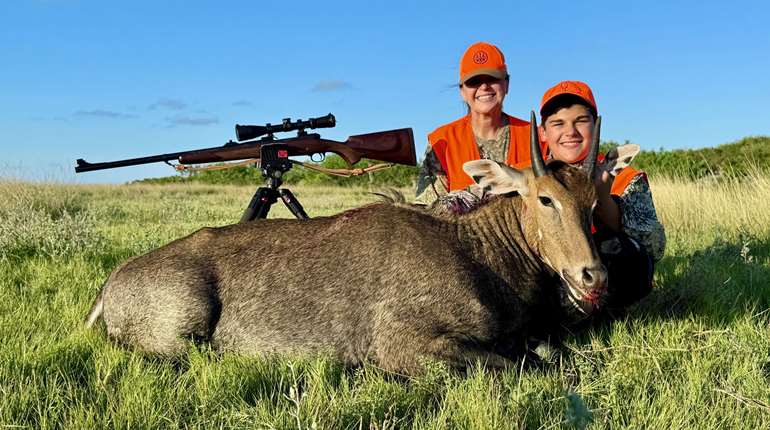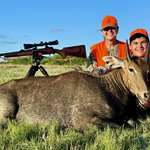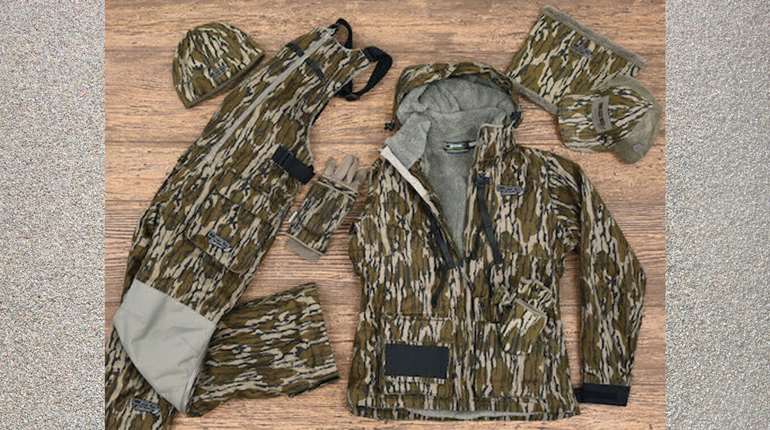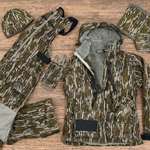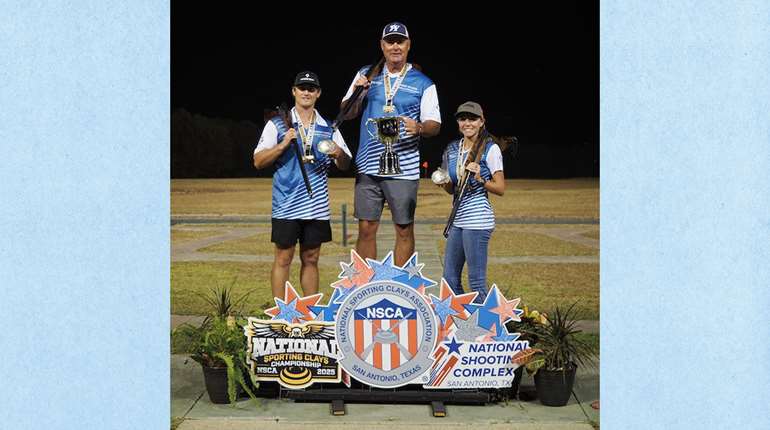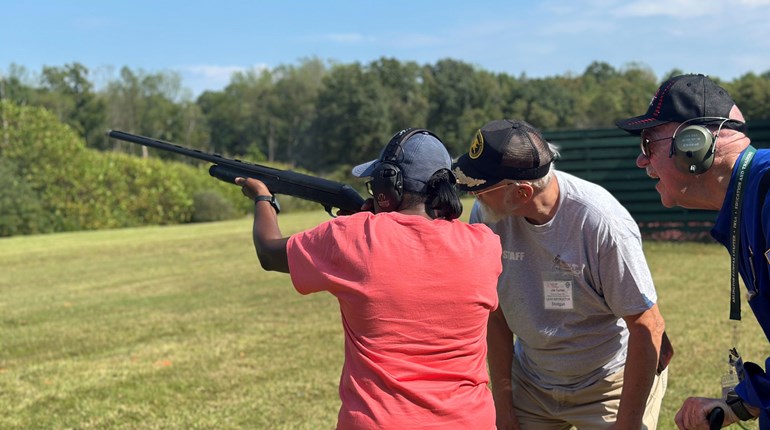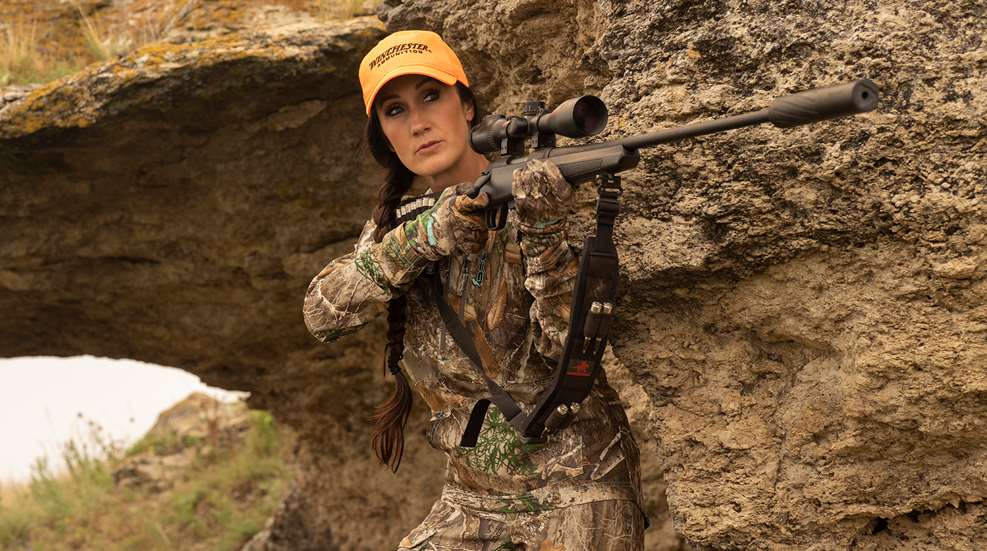
As a hunter and shooter, I’ve had a few instances where a non-hunter friend, relative or random person was truly blown away by the fact that I hunt and own guns. I’m sure almost everyone has had a least one similar occurrence. The next steps can be the most important. This is your chance to articulate where this passion comes from and identify a few of the misconceptions.
For me, deciding whether I want to have the conversation depends on the attitude of the other person. If they seem genuinely interested and want to learn, I’ll have the conversation all day. Now, if they are combative and seemingly 100 percent set in their ways, I’ll usually just tell them we may have to agree to disagree and talk about something else. However, many people are open to hearing the “why.”

Animal Lover
The very first thing I tell people is that I am an animal lover. I love my two dogs like children and would literally do anything on earth to protect them. Unfortunately, many hunters have been painted as animal-hating people with whom many non-hunters can’t relate. Ensuring that people understand that just because you hunt doesn’t mean you don’t love animals is super important. In my opinion, this is the biggest obstacle. Once you can show them you too have compassion and love for animals, you can get on the same page more quickly.
Conservation
Next, hunting truly is conservation. This can be a difficult concept to impart, but explaining how an animal’s value benefits the entire population is key. A good example of this is African game. Some claim to be fine with harvesting a whitetail deer to feed a family, but don’t apply the same logic to some African game, many of which threaten livestock and humans. Applying a monetary value to manage and sustain a healthy population of that game generates jobs and brings much-needed money into local economies. That said, no ethical hunter wants to hunt a species into extinction. Thus the fees paid by hunters also help to responsibly manage a species by improving its habitat, funding the study of diseases or other factors that negatively affect the population—ultimately ensuring that the species not only survives, but thrives. This is true for game animals worldwide. By teaching what conservation truly is, future generations will understand the benefits of sustainable hunting.

Get Back to Nature
So many families struggle to find things they can do together that everyone will enjoy. Phones, video games and electronics have taken over in many families, leaving parents scratching their heads with what fun thing they can do that will make everyone put down their phones. To me, hunting is one of these activities. Even for people who know absolutely nothing about it, hunting is something that anyone can pick up. There are so many articles, videos and people who are willing to help mentor and get hunters started that there are truly no excuses. If you are already someone who enjoys hunting, do your best to bring family members along. Show them how magical it is to be out in nature when the sun comes up and how much fun it is to watch deer go about their business without ever knowing you’re there.

Food
Like it or not, all meat comes from an animal. As a hunter, I know the animal I harvested lived a wild and free life and is some of the healthiest meat I can provide for myself and my family. We live in an age where we never see actual chicken, just perfectly wrapped chicken breasts neatly prepared and ready to eat. Many kids have completely lost the understanding that chicken nuggets really come from a chicken. As a kid, not only was I brought along to hunt, but I helped with cleaning, processing, packaging and labeling the animal for the freezer. Then, I also learned how to cook the wild game and prepare delicious and nutritious meals. I stress the importance of knowing where your food comes from. It’s also pretty rewarding to know you could easily sustain yourself and provide for your family if something were to happen. If the grocery store closed tomorrow, I can promise there would be a ton of people out there with not the slightest clue how or where to get food for their family. Even if the non-hunter you’re talking to has a vegan or vegetarian diet, if they have pets, they are ultimately using meat to feed them.

Trophy Hunting
Trophy hunting is not bad. People say they are OK with someone who hunts for meat, but trophy hunters are not OK. Just because I choose to wait for the oldest, most mature buck, does not make me a bad person (Also, I still eat the meat!). I have no issue with someone who decides to shoot the first legal animal they see, or someone who holds out for the biggest buck. To each their own, but what I do have an issue with is the divide that this creates among the hunting community. Also, animals don’t get to retire to a field of flowers when they get old. They often become weak, starved and pushed out by the younger, stronger animals.
Quarry You Can’t Eat
This is an argument that I’ve heard in response to a variety of animals, but especially coyotes. No, I would never eat a coyote. However, I will shoot one every chance I get. Coyote populations have exploded all over the U.S. and management is very important. Hunters and trappers can help effectively manage populations. Without proper management, coyotes quickly devastate fawn populations, eat people’s cats and dogs and become a nuisance. Once again, when populations get too high, Mother Nature takes over and that is not pretty. Many times, starvation, disease or lack of habitat await overpopulation. Again, I’m not for exterminating any population, but it’s extremely important to keep coyotes in check.
